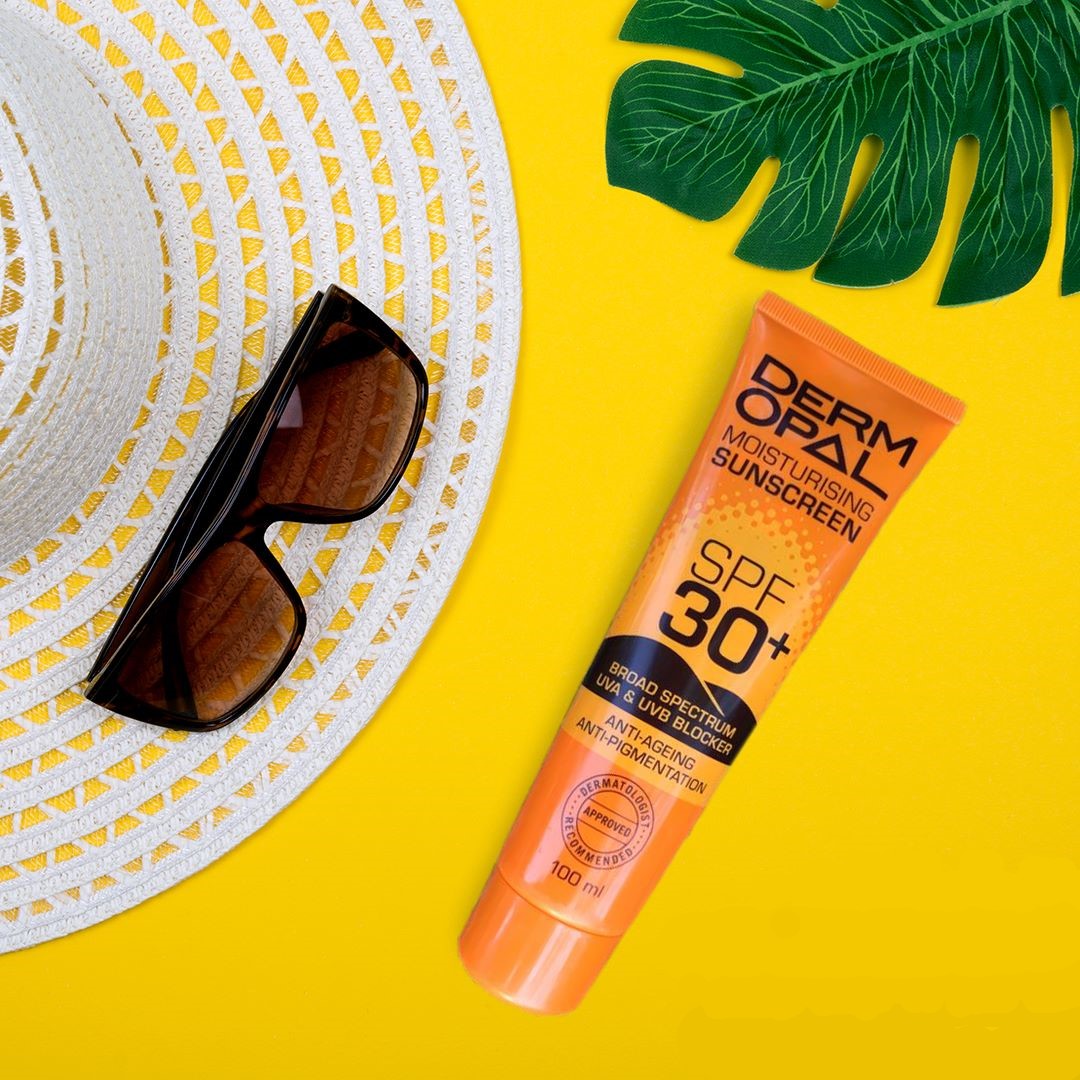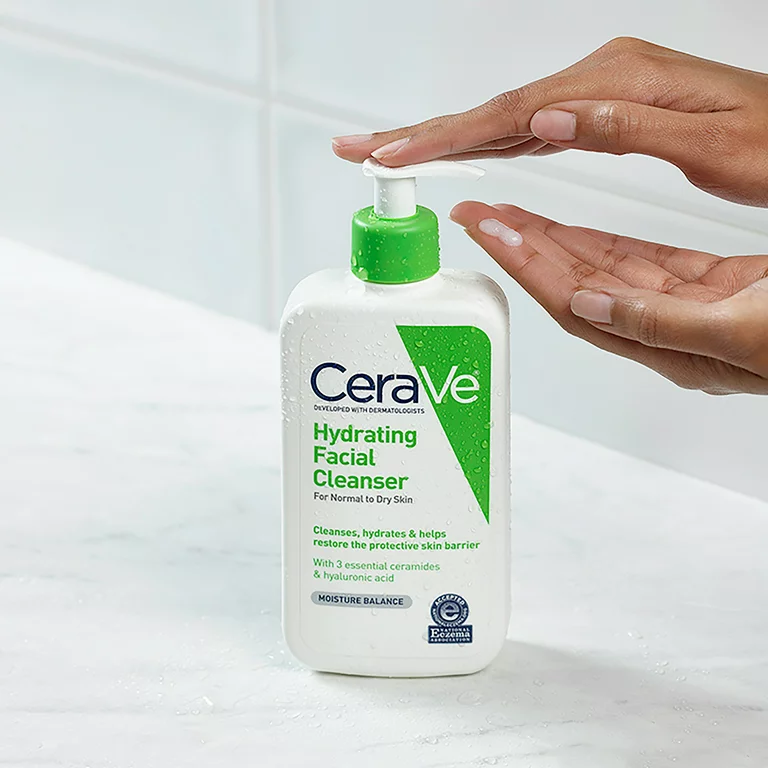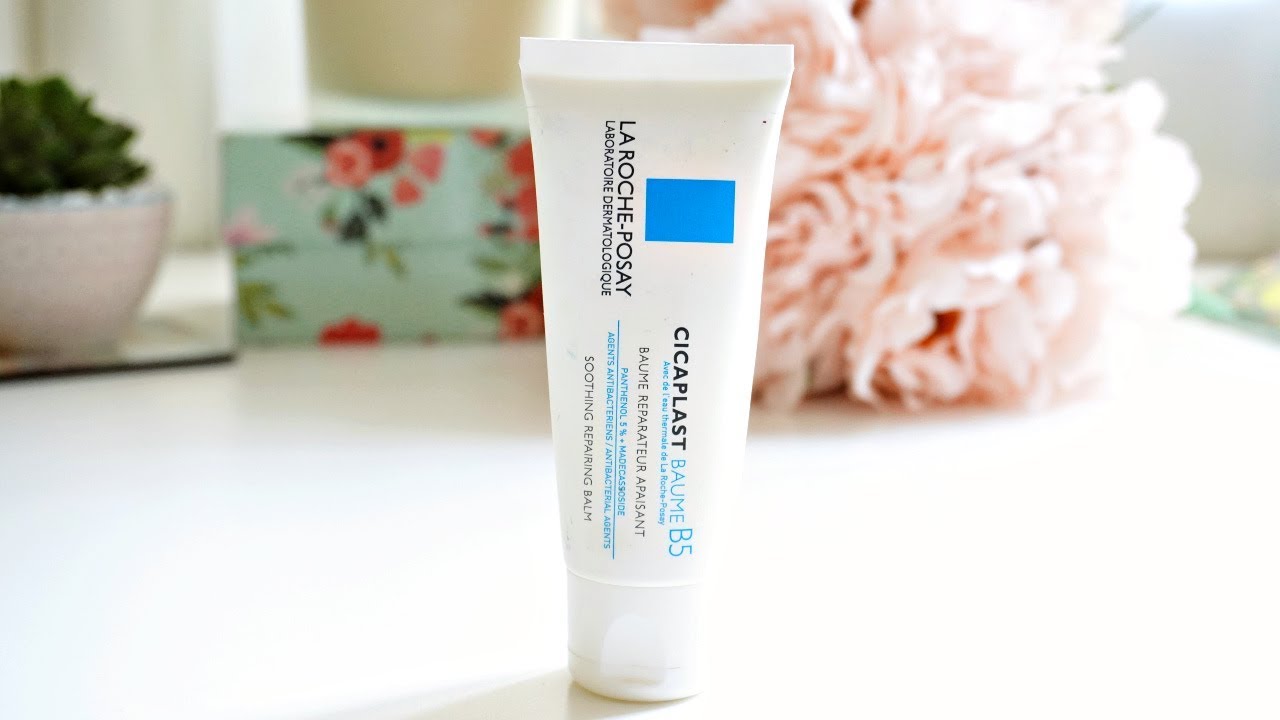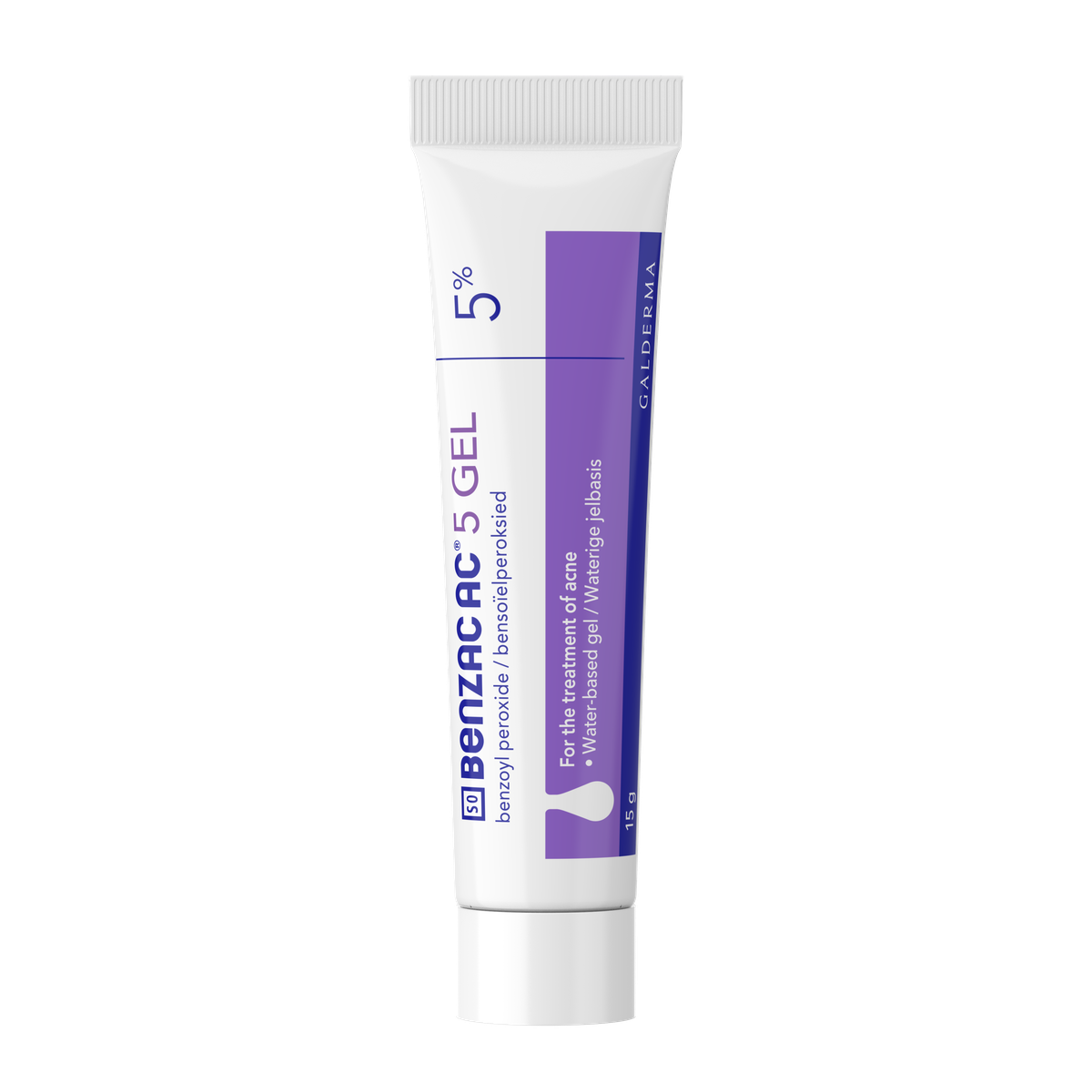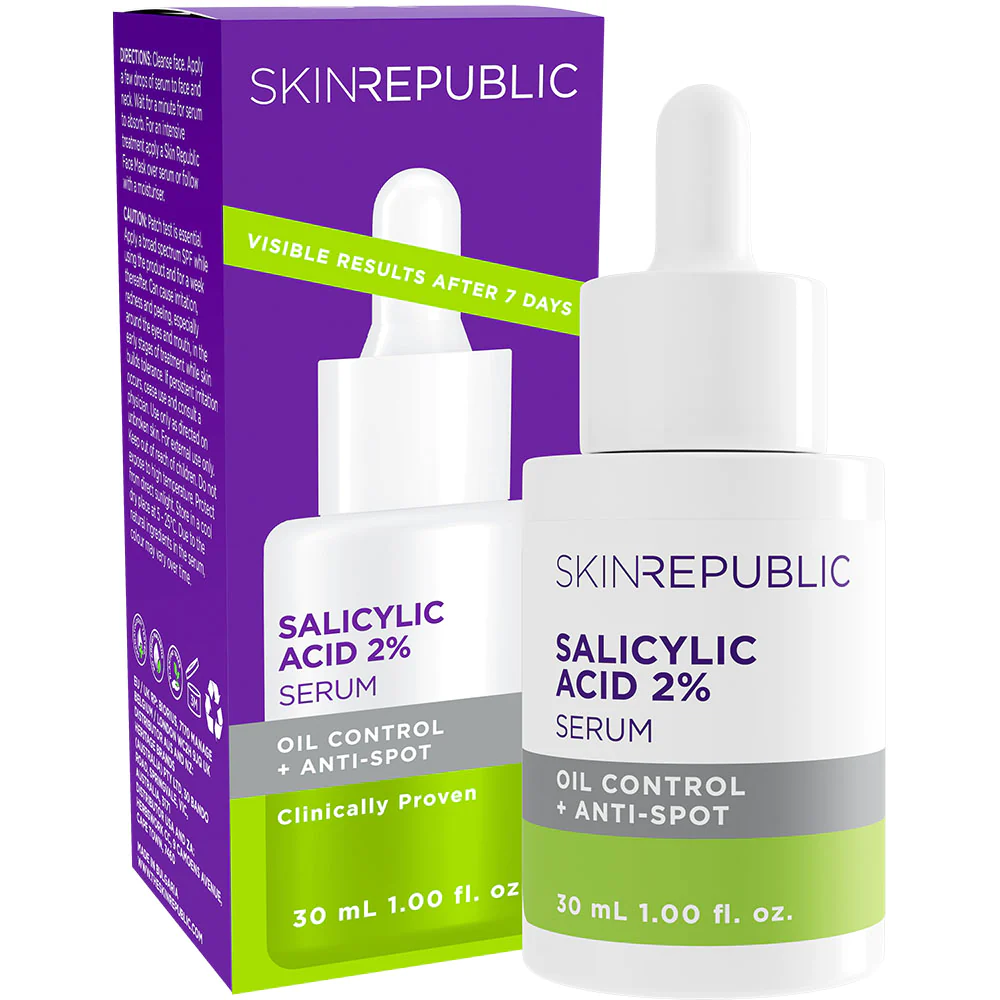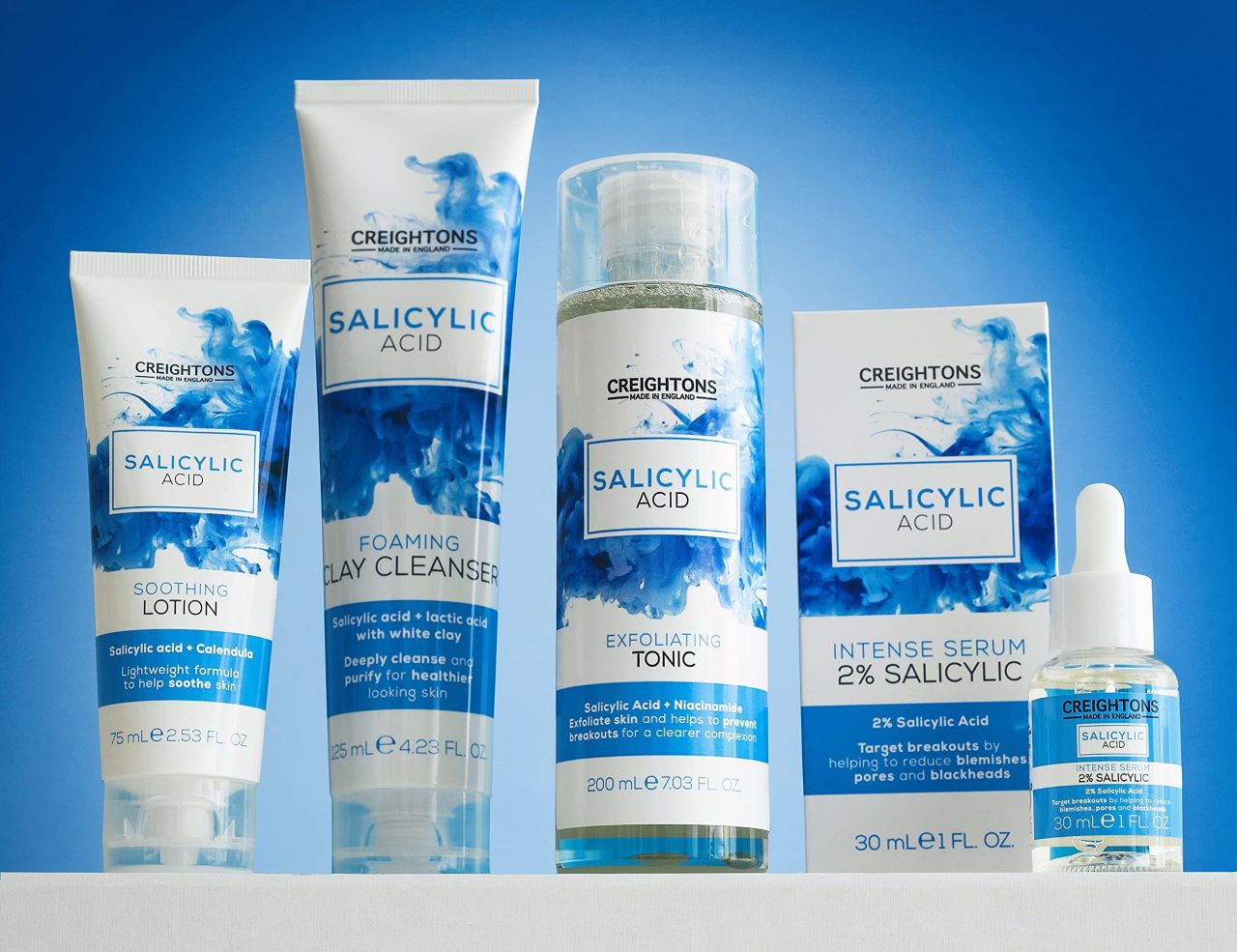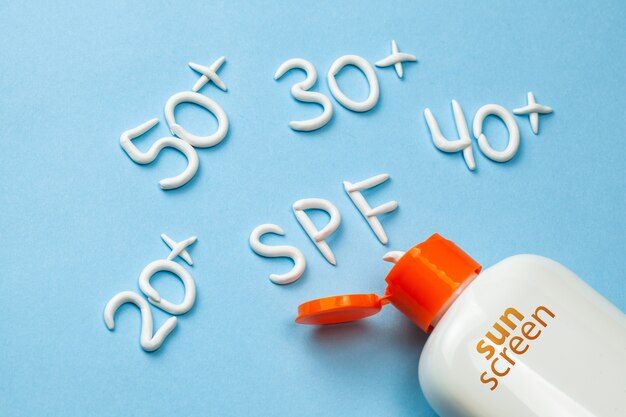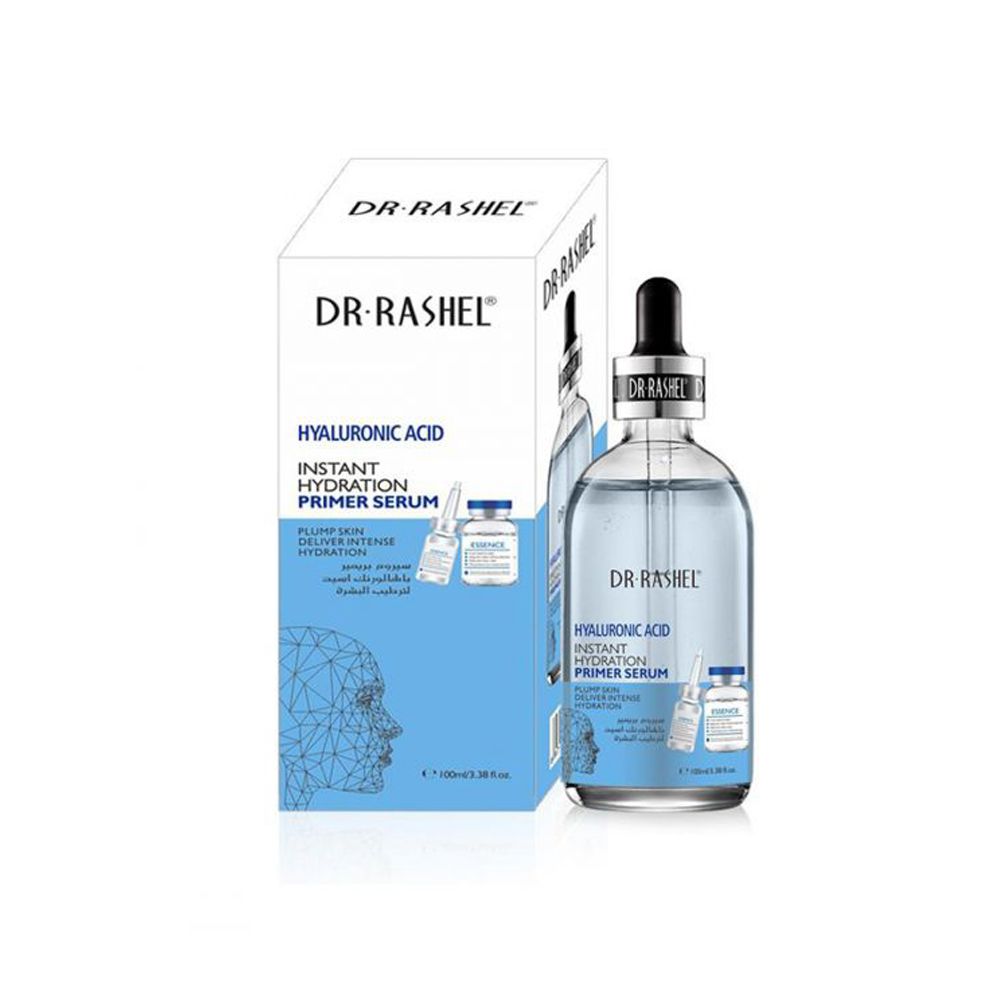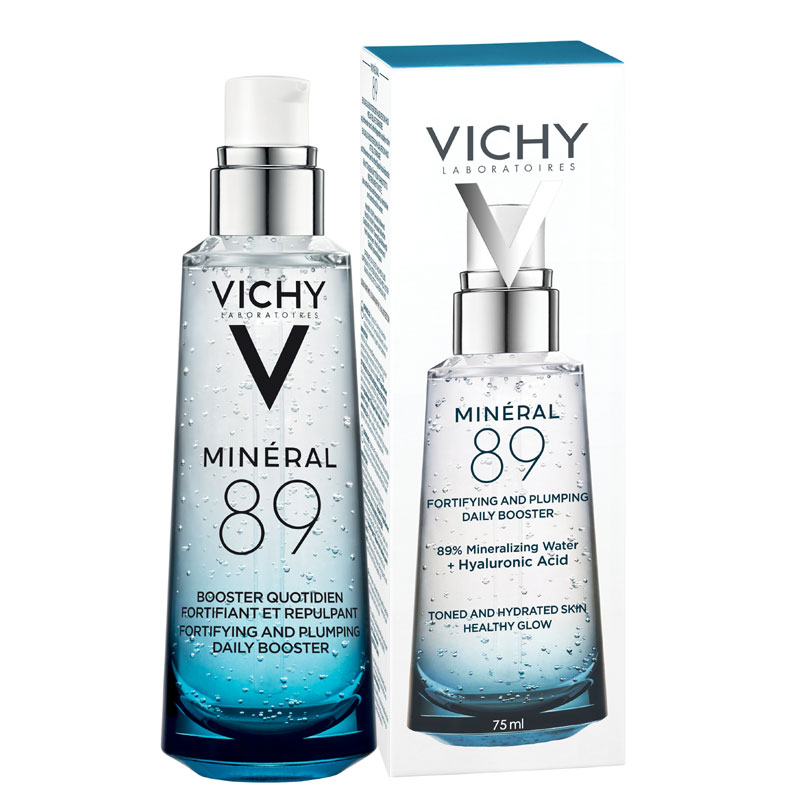DermOpal Sunscreen Review
Welcome to our DermOpal Sunscreen review.
DermOpal Sunscreen is a popular choice for people who are looking for a sunscreen that is both effective and affordable. It is also a good choice for people with darker skin tones, as it does not leave a white cast.
This review will take a closer look at DermOpal Sunscreen to see how it performs in terms of efficacy, ease of use, and affordability. We will also compare it to other popular sunscreens on the market to see how it stacks up.
Dermopal Sunscreen is a broad-spectrum sunscreen that protects against both UVA and UVB rays. It has two variants, an SPF of 30, which means that it blocks 97% of UVB rays and an SPF of 50 which blocks out 98% of UVB rays. Dermopal Sunscreen is also non-greasy, non-sticky, and leaves no white residue. It is fragrance-free and suitable for all skin types, including sensitive skin.
Dermopal Sunscreen is a good choice for people who are looking for a sunscreen that is both effective and affordable. It is also a good choice for people with darker skin tones, as it does not leave a white cast.
Here is an overview of the key features and benefits of Dermopal Sunscreen:
- Broad-spectrum protection against UVA and UVB rays
- SPF 30 or SPF 50
- Non-greasy, non-sticky, and leaves no white residue
- Fragrance-free
- Suitable for all skin types, including sensitive skin
- Affordable
Dermopal Sunscreen is available in a variety of forms, including lotion, cream, and gel. It can be found at most pharmacies and drugstores in South Africa.
Here are some additional benefits of Dermopal Sunscreen:
- It helps to prevent sunburn and other sun-induced skin damage, such as premature aging and skin cancer.
- It helps to reduce the appearance of blemishes and dark spots.
- It moisturizes the skin.
- It is water-resistant for up to 80 minutes.
To use Dermopal Sunscreen, apply it liberally to all exposed skin 15 minutes before going out in the sun. Reapply every two hours, or more often if you are sweating or swimming.
Ingredients
- Aqua: Water
- Ethylhexyl Methoxycinnamate: A chemical sunscreen that absorbs UVB rays.
- Cetyl Alcohol: A fatty alcohol that acts as an emulsifier and thickener.
- Propylene Glycol: A humectant that helps to keep the skin hydrated.
- Benzophenone-3: A chemical sunscreen that absorbs UVA and UVB rays.
- Glycerin: A humectant that helps to keep the skin hydrated.
- Butyl Methoxydibenzoylmethane: A chemical sunscreen that absorbs UVA and UVB rays.
- 4-Methylbenzylidene Camphor: A chemical sunscreen that absorbs UVB rays.
- Potassium Cetyl Phosphate: An emulsifier that helps to keep the water and oil in the sunscreen mixed together.
- Polysorbate 60: An emulsifier that helps to keep the water and oil in the sunscreen mixed together.
- Sorbitan Stearate: An emulsifier that helps to keep the water and oil in the sunscreen mixed together.
- Dimethicone: A silicone that acts as a skin conditioner and helps to reduce friction.
- Carbomer: A thickener that helps to give the sunscreen its desired consistency.
- Disodium EDTA: A chelating agent that helps to preserve the sunscreen.
- Triethanolamine: A pH adjuster that helps to keep the sunscreen at the correct pH level.
- Phenoxyethanol: A preservative
- Methylparaben: A preservative
- Butylparaben: A preservative
- Ethylparaben: A preservative
- Propylparaben: A preservative
Purpose of the ingredients:
- Chemical sunscreens: Ethylhexyl Methoxycinnamate, Benzophenone-3, Butyl Methoxydibenzoylmethane, and 4-Methylbenzylidene Camphor absorb UV rays and prevent them from damaging the skin.
- Humectants: Propylene Glycol and Glycerin help to keep the skin hydrated.
- Emulsifiers: Cetyl Alcohol, Potassium Cetyl Phosphate, Polysorbate 60, and Sorbitan Stearate help to keep the water and oil in the sunscreen mixed together.
- Skin conditioners: Dimethicone helps to condition the skin and reduce friction.
- Thickeners: Carbomer helps to give the sunscreen its desired consistency.
- Preservatives: Disodium EDTA, Phenoxyethanol, Methylparaben, Butylparaben, Ethylparaben, and Propylparaben help to prevent the sunscreen from growing bacteria.
It is important to note that some people may be sensitive to parabens. If you have sensitive skin, you may want to choose a sunscreen that is paraben-free.
Potential Irritants
Dermopal Sunscreen is generally safe and well-tolerated by most people. However, some people may experience irritation, especially if they have sensitive skin.
Here are some of the potential irritants in Dermopal Sunscreen:
- Chemical sunscreens: Ethylhexyl Methoxycinnamate, Benzophenone-3, Butyl Methoxydibenzoylmethane, and 4-Methylbenzylidene Camphor are all chemical sunscreens that can irritate sensitive skin.
- Alcohol: Cetyl Alcohol is an alcohol that can dry out the skin and cause irritation.
- Fragrance: Although Dermopal Sunscreen is fragrance-free, some people may be sensitive to the other ingredients in the sunscreen and experience irritation.
If you experience any irritation after using Dermopal Sunscreen, discontinue use and consult with a dermatologist.
Here are some tips to reduce the risk of irritation from Dermopal Sunscreen:
- Choose the lowest SPF that is effective for your needs.
- Apply Dermopal Sunscreen liberally to all exposed skin 15 minutes before going out in the sun.
- Reapply Dermopal Sunscreen every two hours, or more often if you are sweating or swimming.
- Avoid using Dermopal Sunscreen on broken or irritated skin.
- Wash Dermopal Sunscreen off thoroughly with soap and water at the end of the day.
If you have sensitive skin, you may want to choose a sunscreen that is specifically designed for sensitive skin. There are also a number of natural sunscreens available that may be less likely to irritate sensitive skin.
Who is DermOpal Sunscreen For?
Dermopal Sunscreen is a good choice for people of all ages and skin types, including sensitive skin. It is especially well-suited for:
- People who are looking for a broad-spectrum sunscreen that protects against both UVA and UVB rays.
- People who are on a budget.
- People with sensitive skin.
Dermopal Sunscreen is also a good choice for people who are at increased risk of sunburn, such as:
- People with fair skin.
- People with a history of sunburn.
- People who are taking medications that make them more sensitive to the sun.
- People who spend a lot of time outdoors.
Here are some additional recommendations:
- For children under 6 months old, it is best to avoid using sunscreen altogether. Instead, keep them in the shade and cover their skin with clothing.
- For children over 6 months old, choose a sunscreen that is specifically designed for children and has an SPF of 30 or higher.
- Apply sunscreen to all exposed skin, including the face, ears, neck, and hands.
DermOpal Sunscreen SPF 30 vs SPF 50
The reviews for DermOpal Sunscreen SPF 30 and SPF 50 are generally positive. Both variants are praised for their non-greasy, non-sticky formula that leaves no white residue. Many people also appreciate that they are affordable and suitable for sensitive skin.
However, there are a few key differences between the two variants that may be important to consider when choosing the right one for you.
SPF 30
- Pros: More affordable, less likely to irritate sensitive skin
- Cons: Provides slightly less protection against UVB rays
SPF 50
- Pros: Provides more protection against UVB rays
- Cons: More expensive, may irritate sensitive skin
Between the two, SPF 30 is definitely the more preferred by users. In terms of UV protection, the difference between the two variants is relatively small.
Many complain that the texture of SPF 50 is more oily and it leaves the skin darker for some people. If you are looking for the highest level of protection possible, then SPF 50 is the better choice. However, if you are looking for the better price or have sensitive skin and want the more lightweight formulation SPF 30 is the better option.
Here is a summary of the main differences between the two variants:
| Feature | SPF 30 | SPF 50 |
|---|---|---|
| SPF | 30 | 50 |
| Price | More affordable | More expensive |
| Skin sensitivity | Less likely to irritate sensitive skin | May irritate sensitive skin |
Ultimately, the best way to choose between DermOpal Sunscreen SPF 30 and SPF 50 is to weigh the pros and cons of each variant and choose the one that is right for your individual needs and preferences.
DermOpal Sunscreen Reviews
Dermopal Sunscreen has generally positive reviews. Many people praise its non-greasy, non-sticky formula that leaves no white residue. Others appreciate that it is affordable and suitable for sensitive skin.
Here are some excerpts from positive reviews of Dermopal Sunscreen:
- “Being an African girl under the African sun is tough considering the fact that it’s so difficult finding a product that’ll both cater for me and work. With Derm opal there’s no need for me to worry, the SPF is the best for people with melanin. There is no silver residue and it’s not so oily but does a great job at keeping my skin hydrated.” – Bongiwe
- “Literally my favourite skin care product. This is my 4th purchase. Its lightweight but gets the job done and feels amazing on your skin. Biggest pro is that it works both as a moisturiser and sunscreen ” – Tasneem
- “Not a first time user but for some weird reason the sunscreen is not as oily as before, does not sting the eyes that much , don’t know what they did to the formulation. I would definitely recommend this . Super moisturising ” – Palesa
Of course, no product is perfect, and there are a few negative reviews of Dermopal Sunscreen. Some people have complained that it stings their eyes or that it doesn’t last very long in the sun.
Here are some excerpts from negative reviews of Dermopal Sunscreen:
- “I was so excited to use this sunscreen. It’s affordable and feels really nice on the skin but then I read up on the ingredients list and was really concerned. Specially in regards to 1. Benzophenone-3 which has some studies that show it may increase your risk of breast cancer as the chemical is actually absorbed into the skin and can effect the hormones in your body. It has also been linked to having a damaging impact on coral reefs. And then secondly, 4-Methylbenzylidene Camphor which has also been linked to effecting your hormones. So I’m really disappointed and I’m going to stop using it because I’m too scared of the risks especially considering I was planning to use this sunscreen everyday, 3 times a day.” – Nicole
- “I really do not know what is wrong with this product it made my skin to be dark the 1st day i used it and now my skin is peeling off with rash” – Dlamini
Overall, Dermopal Sunscreen seems to be a good product for most people. It is affordable, effective, and non-irritating. However, it is important to note that some people may experience irritation, especially if they have sensitive skin.
If you are considering trying Dermopal Sunscreen, I recommend reading some of the reviews to get a better idea of what to expect. You can also consult with a dermatologist to see if they recommend Dermopal Sunscreen for your individual needs.
How Does DermOpal Suncreen Compare With Other Sunscreens?
DermOpal Sunscreen is a good quality sunscreen, and it is comparable to other sunscreens available on the South African market. It is important to note that there is no one-size-fits-all sunscreen, and the best sunscreen for you will depend on your individual needs and preferences.
Here is a comparison of DermOpal Sunscreen to a few other popular sunscreens available on the South African market:
| Sunscreen | SPF | UVA protection | UVB protection | Water resistance | Price |
|---|---|---|---|---|---|
| DermOpal Sunscreen | 30 or 50 | Broad-spectrum | 97% or 98% | 80 minutes | Affordable |
| Nivea Sun Protect & Moisture | 50 | Broad-spectrum | 98% | 4 hours | Mid-range |
| La Roche-Posay Anthelios Ultra-Light Fluid | 50 | Broad-spectrum | 98% | 80 minutes | High-end |
| Africology Sunshield Natural Sunscreen | 30 | Broad-spectrum | 97% | 80 minutes | Mid-range |
| Dr. Rashel Sunscreen | 75 | Broad-spectrum | 99% | 80 minutes | Affordable |
| Portia M Sunscreen | 50 | Broad-spectrum | 98% | 80 minutes | Affordable |
As you can see, DermOpal Sunscreen is comparable to other popular sunscreens in terms of SPF, UVA and UVB protection, and water resistance. It is also more affordable than some other popular sunscreens.
However, it is important to note that DermOpal Sunscreen contains chemical sunscreens, which some people may be sensitive to. If you have sensitive skin, you may want to choose a sunscreen that contains mineral sunscreens instead.
Conclusion
Overall, DermOpal Sunscreen is a good choice for people who are looking for an effective and affordable sunscreen. It is also a good choice for people with darker skin tones, as it does not leave a white cast.
Here is a summary of the key pros and cons of DermOpal Sunscreen:
Pros:
- Broad-spectrum protection against UVA and UVB rays
- Non-greasy, non-sticky, and leaves no white residue
- Fragrance-free and suitable for all skin types, including sensitive skin
- Affordable
Cons:
- Some people may experience irritation, especially if they have sensitive skin
- Contains chemical sunscreens, which some people may be sensitive to
If you are considering using DermOpal Sunscreen, I recommend reading some of the reviews to get a better idea of what to expect. You can also consult with a dermatologist to see if they recommend DermOpal Sunscreen for your individual needs.


